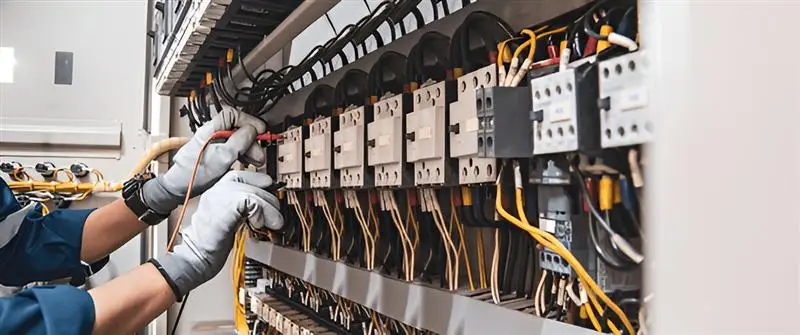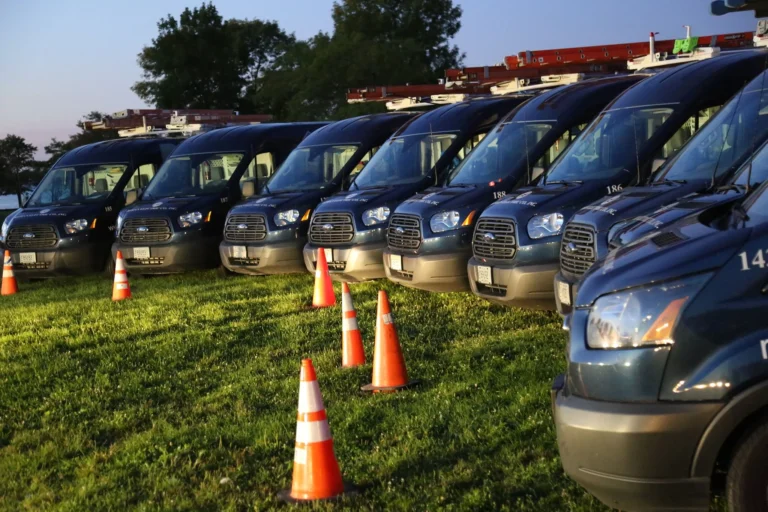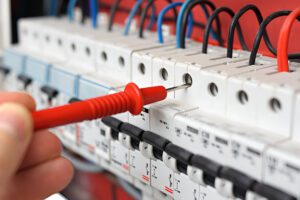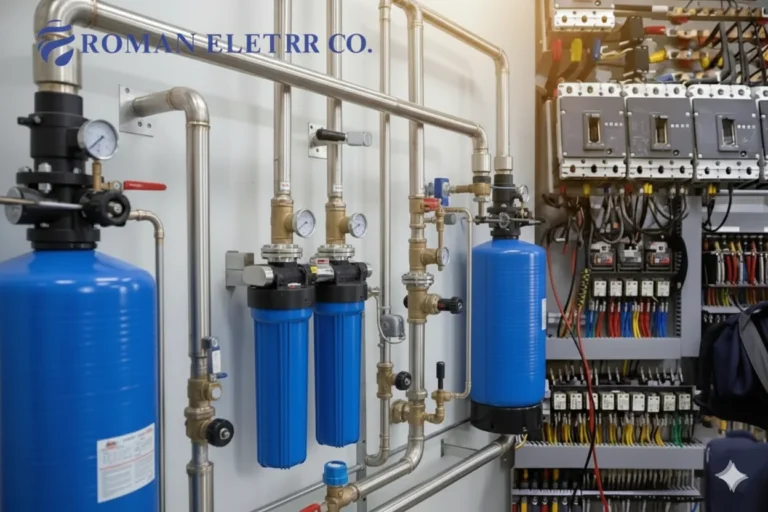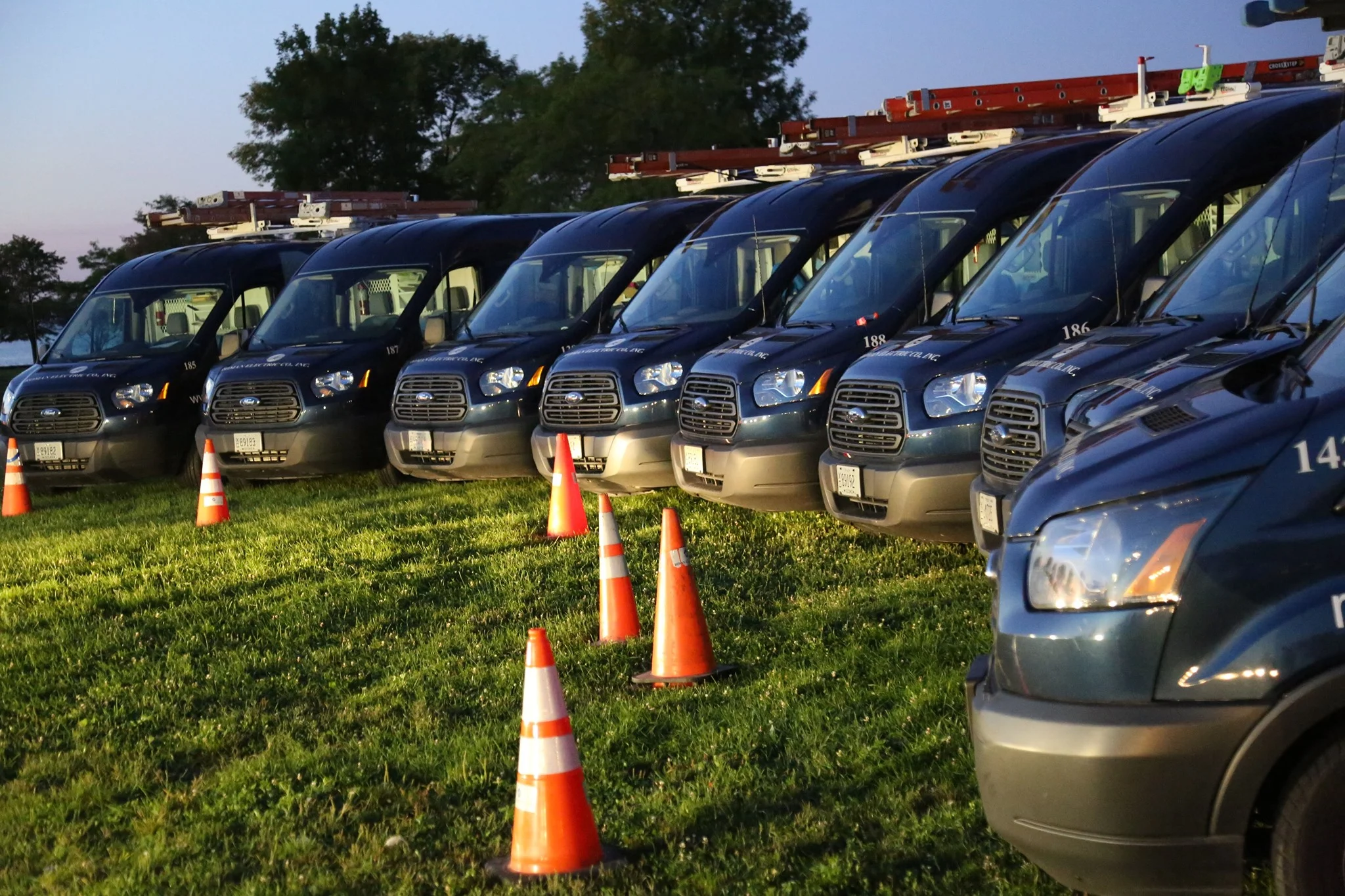In an era where commercial buildings are the backbone of various economic sectors, understanding and addressing electrical issues is paramount. These structures are often massive energy consumers and home to complex electrical systems that require diligent attention and maintenance. By examining the common electrical problems faced by commercial buildings and exploring preventive measures, businesses can not only save costs but also ensure safety and reliability.
How Do Electrical Systems Impact Commercial Buildings?
Electrical systems in commercial buildings are vital for daily operations, influencing everything from lighting to essential safety systems. According to the U.S. Energy Information Administration (EIA), commercial buildings in the United States consumed about 18% of the country’s total energy in 2019, indicating the profound importance of managing these systems effectively. Ensuring the optimal functioning of electrical systems is crucial not only to maintain operational efficiency but also to promote safety and reduce maintenance costs.
What Are the Common Causes of Electrical Failures in Commercial Buildings?
Commercial buildings may experience a wide array of electrical issues due to wear-and-tear, inadequate maintenance, or initial design flaws. Common causes include overloading circuits, outdated electrical systems, and poor installation practices. The increased use of electronic devices has exacerbated these problems, as these devices often draw significant power, leading to overloads and other issues.
How Can Overloaded Circuits Be Prevented?
Overloaded circuits are a leading cause of electrical failures in commercial buildings. As more devices are added to a circuit, the demand for electricity increases, potentially exceeding the capacity of the circuit. To prevent this, it’s vital to conduct regular electrical system audits and install circuit breakers capable of handling the load. Utilizing energy-efficient appliances and spreading electrical load across multiple circuits can also mitigate this risk.
Why Is Proper Wiring Important in Commercial Buildings?
Wiring errors, such as loose connections or improper wire sizing, can lead to intermittent power losses and even fire hazards. A report by the National Fire Protection Association (NFPA) states that electrical distribution systems were the third leading cause of non-home structure fires in 2019. To prevent these issues, ensure all wiring is performed by certified electricians who adhere to national and local codes. Regular inspections and maintenance checks can further identify and rectify potential wiring issues before they escalate.
How Can Outdated Electrical Systems Be Upgraded?
Many commercial buildings operate with outdated electrical systems that fail to meet modern electrical needs. Upgrading these systems is essential to keep up with contemporary energy demands. Replacing old wiring, switching to LED lighting, and modernizing electrical panels can enhance overall efficiency. According to the Department of Energy, LED lighting can reduce lighting energy use by up to 75%, providing an environmentally friendly and cost-effective solution.
What Role Does Regular Maintenance Play in Preventing Electrical Issues?
Proactive maintenance is a cornerstone of preventing electrical issues in commercial buildings. Regular inspections can identify potential problems before they develop into major issues, minimizing unexpected downtime and reducing repair costs. Creating a comprehensive maintenance schedule with an experienced electrical contractor is recommended to keep systems running smoothly.
How Does Lightning Protection Help Preserve Electrical Systems?
Lightning strikes pose a significant risk to commercial buildings, potentially causing severe electrical damage. Implementing a lightning protection system can safeguard electrical systems from power surges. This protection typically includes grounding rods or systems designed to channel electrical surges harmlessly into the ground. Integrating surge suppressors also adds an extra layer of defense against electrical surges.
Why Is Energy Efficiency Important for Electrical Systems?
Embracing energy efficiency in electrical systems can substantially reduce operational costs and support environmental sustainability. Energy-efficient technologies reduce energy consumption, lower electricity bills, and decrease the demand on electrical systems. The U.S. Department of Energy estimates that businesses could save up to 30% on utility bills through strategic energy management practices.
What Impact Does Compliance with Electrical Codes Have?
Adhering to electrical codes and standards ensures that commercial buildings meet safety requirements and reduce the risk of electrical issues. Building codes are periodically updated to incorporate new safety technologies and adapt to evolving needs. It’s essential for commercial building operators to stay informed about code changes and ensure that their systems remain compliant.
What Should Be Done During an Emergency Electrical Situation?
Despite preventative measures, emergencies can still arise. It’s crucial to have an action plan in place for dealing with electrical emergencies, including procedures for safely shutting down power, evacuating the building if necessary, and contacting emergency services. Training staff in basic electrical safety measures can also enhance preparedness for emergencies.
Key Takeaways: How Can Commercial Buildings Ensure Safe and Efficient Electrical Systems?
The importance of well-maintained electrical systems in commercial buildings cannot be overstated. By understanding common issues and implementing preventive strategies, building operators can ensure the efficiency and safety of their facilities. Prioritizing regular inspections, embracing energy-efficient technologies, and adhering to electrical codes are all crucial steps in maintaining robust electrical systems, ultimately leading to reduced costs and enhanced building safety.
FAQs on Commercial Building Electrical Systems
What are the signs of electrical problems in commercial buildings?
Several signs may indicate electrical problems in commercial buildings. These include flickering lights, frequent circuit breaker trips, and power outages in certain areas. Additionally, buzzing sounds from outlets and visible damage to electrical equipment can be indicative of underlying issues. If any of these signs are observed, it’s advisable to consult a professional electrician to assess the situation and rectify any problems promptly.
How often should electrical systems in commercial buildings be inspected?
Electrical systems in commercial buildings should be inspected regularly to ensure they are functioning correctly and safely. While the specific frequency of inspections may vary depending on the building’s size, age, and usage, it is generally recommended to conduct thorough inspections annually. However, high-traffic buildings or those involving sensitive equipment might require more frequent checks. Engaging professional electrical services can help create an appropriate inspection schedule tailored to a building’s specific needs.
Can upgrading to energy-efficient lighting reduce electrical issues?
Yes, upgrading to energy-efficient lighting such as LED can significantly reduce electrical issues. In addition to cutting down on energy consumption, LED lights produce less heat, leading to reduced strain on electrical circuits. This can decrease the likelihood of overloading circuits and subsequently prevent electrical problems. Moreover, energy-efficient lighting often has a longer lifespan than traditional lighting, lowering maintenance and replacement costs.
What are surge protectors, and how do they help in commercial buildings?
Surge protectors are devices that shield electrical equipment from voltage spikes, typically caused by power surges. In commercial buildings, they provide critical protection against sudden increases in electrical power, which can damage sensitive electronic devices. Installing surge protectors at key points in the electrical system ensures that equipment is safeguarded, thereby reducing the risk of electrical failures and maintaining operational integrity. It’s an essential component of an effective power management strategy.
How do electrical codes impact building safety?
Electrical codes are pivotal in ensuring building safety as they provide standardized guidelines for the design, installation, and maintenance of electrical systems. By adhering to these codes, commercial buildings can minimize the risks of electrical fires, shocks, and system failures. Compliance with codes also ensures that systems incorporate the latest safety technologies and practices. Staying updated with code changes and adapting electrical systems accordingly is crucial for maintaining optimal safety standards in commercial buildings.

